AI Won’t Replace Me as a Writer. Here’s Why.
ChatGPT is all the buzz. I’m not worried.
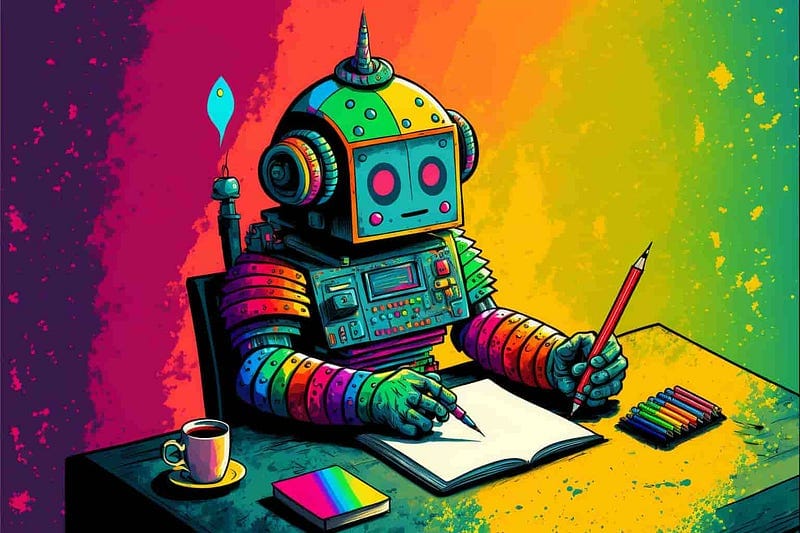
I can’t count the number of times I’ve read about ChatGPT this week, the new conversational tool from OpenAI. The references have spanned from an article in The Atlantic entitled The End of High-School English to questions from worried freelancers, wondering how they’ll offer counterpoints to clients who think that ChatGPT is a viable alternative to human writers.
I even got the question from a concerned aunt and my husband: Do AI writing tools put writers out of a job?
I’m a freelance fintech writer and journalist. I spent 15 years as a product manager at a banking software company before pivoting to content. I also write on Medium about productivity and automation, and on Substack about remote work.
I’ve been playing around with different AI writing tools for the past month, including Jasper, Copy AI, Writer, Frase, Lex, and now ChatGPT.
And I can say unequivocally: I’m not worried. The work I produce cannot be replicated by a machine.
But the landscape of writing will change, dramatically and permanently.
The difference between quality input and quality output
My husband is a software engineer. He’s been dealing with AI and machine learning for years and is somewhat fascinated by the fact that our worlds are “colliding” — something I wouldn’t have expected as a creative.
But as he and I engaged in a lively discussion about the impact on our livelihoods, I pointed out a crucial difference in our use of AI: input versus output.
His contribution to a coding project is the input. He has to know how to solve complex problems and build solutions. The output is rather boring: lines of code that render the solution. He uses AI sometimes to facilitate (speed up) the output, but the input is what sets him apart from other (less talented) software engineers. To someone using the software, it doesn’t really matter which way it was coded if it achieves the same result. His value comes from solving problems faster, or his ability to solve more complex problems.
My world is the opposite. The input is usually nothing more than a topic suggestion — either my own idea or direction from a client. But if you give identical inputs to five different writers, you’ll get five different results. And the quality of the output will be differentiated by ideas, style, how engaging the writing is, and so on.
I chatted with a friend who is an artist, working mostly in oils. I wanted to know her opinion about AI-generated art, like DALL-E and Midjourney. I use Midjourney myself to create images for Medium, Substack, and my blog. She said that while the output is interesting and might seem astonishing to the undiscerning eye, it lacks nuance. She said that artists make “decisions” about the best way to render their vision in a way that AI doesn’t.
The human element is the creative element. For software coding, that’s the input. For writing or art, it’s the output. AI is the assistant, but not the replacement.
AI writing lacks knowledge and depth
My first experiment with ChatGPT was feeding it a prompt related to an article I recently wrote for a client.
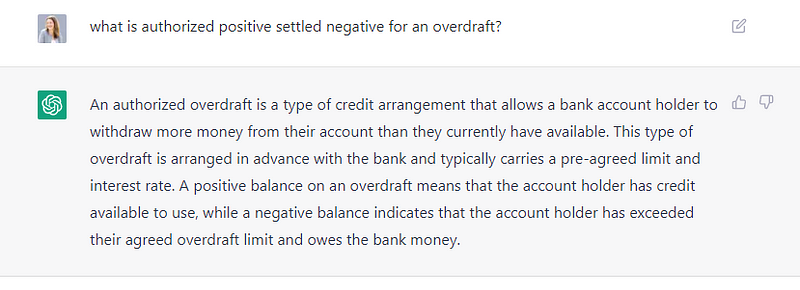
Informative response. Constructed logically. And absolutely incorrect.
I know this response is incorrect because I have subject matter expertise in banking. I knew the answer before I asked the question.
This problem isn’t limited to ChatGPT. The internet is littered with garbage. Companies hire content marketers to write articles for their blogs, and the writers have absolutely no knowledge about the topic. They go to Google, do some research (likely written by other content marketers) and the cycle continues.
By having niche expertise, I can rely on my knowledge, use it while doing research, and — this is key — use that knowledge to form arguments while writing.
I’m not regurgitating information on the internet. I’m tying it back to an opinion on the topic: either my own or reflecting that of my clients.
Bear in mind that ChatGPT is in its infancy. The CEO has made clear on Twitter that the results shouldn’t be trusted (yet):
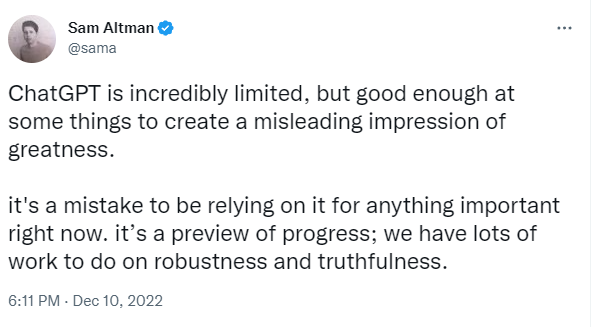
But that doesn’t change the fact that even as the product matures, a knowledgeable human will still be needed to verify, judge, massage, and interpret the results.
Quality writing will become a larger divide
Now let’s take a look at another example:
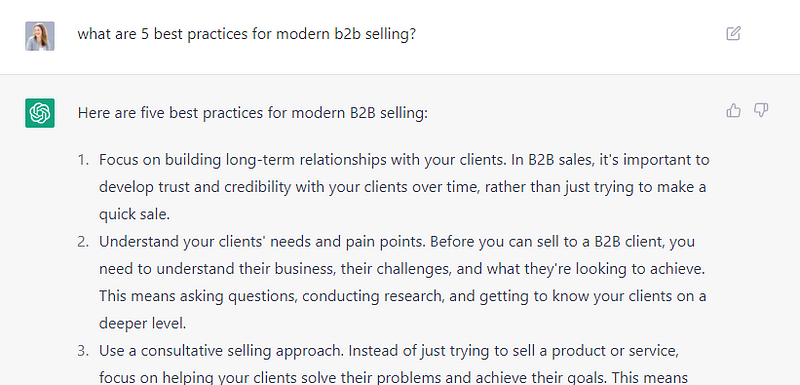
A question like “5 best practices” might yield some decent results. After all, it’s an opinion rather than fact. From there, an AI-writing tool could likely flesh out an entire article. Or an average writer could take these talking points and turn them into the internet equivalent of a 5-paragraph essay (with “paragraph” replaced by “h2s”).
The results will likely be about the same. AI-writing tools are on par with a below-average writer, or even some average writers.
And guess what? That type of work contributes to garbage on the internet. The more that sites, blogs, and publications become littered with it, the less time people will spend reading it.
Companies have been playing the content game for a long time. When I first started writing, I worked for a content mill that paid me $27 to write 1,000 words. Clients knew they needed a blog for SEO purposes, but didn’t care at all about the quality. That type of work could likely be replaced by AI — if SEO is the end goal that we’re collectively determined to keep chasing.
Or go back to my example of creating artwork for my Medium posts. My artist friend admitted that this use case makes sense: producing images for online writing, at volume, that is more unique that the generic Unsplash image alternative. I’m not replacing a human; I would never have used a human to create this artwork in the first place.
The divide between quality writing online will become much larger. Companies that only saw writing as a necessary cost and had no intention of rewarding the reader will likely replace their writers with AI-generated content. And companies that care about quality will fight even harder for attention — making good writers even more valuable.
This is especially true in light of Google’s August 2022 Helpful Content update, said to be “part of a broader effort to ensure people see more original, helpful content written by people, for people, in search results.”
AI content is written for speed and volume. It’s not intended to reward the reader or provide a satisfying reading experience.
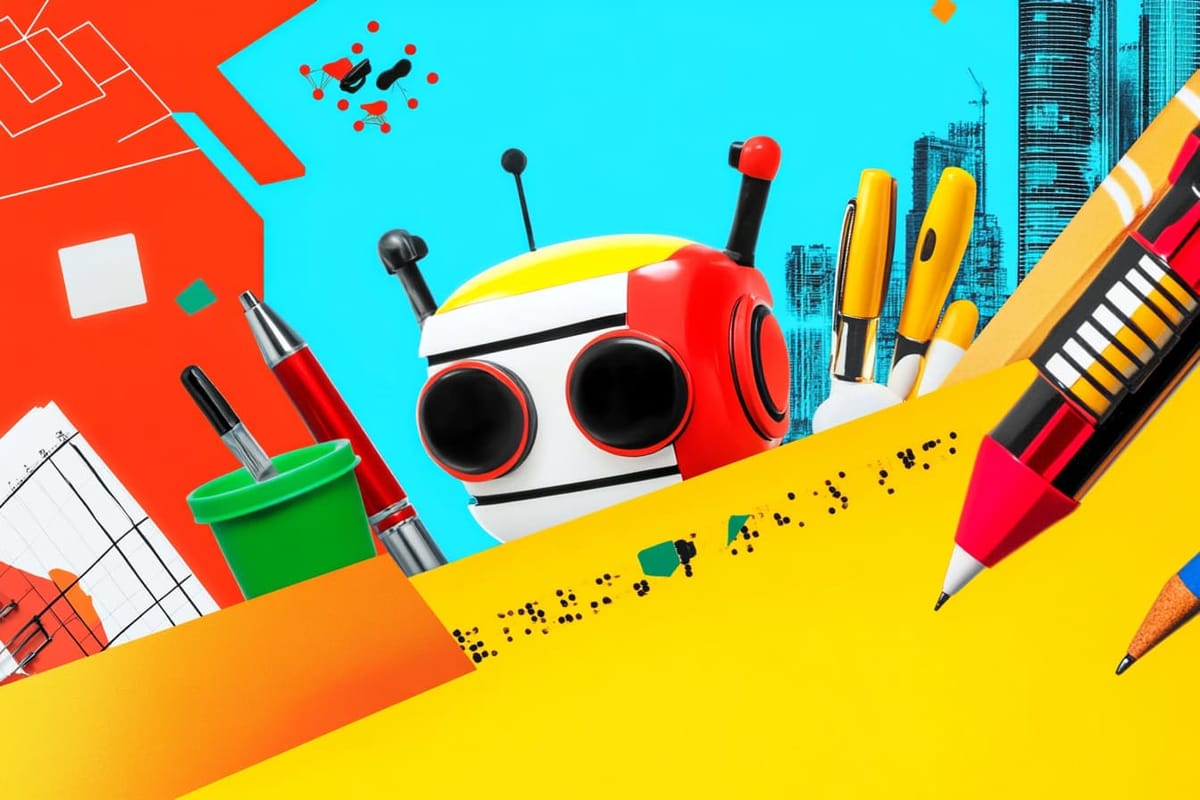
Make no mistake: The art of writing will change
While I maintain that AI cannot replace my output as a writer, I am convinced that it will drastically change my input process.
The first step in my process is always a rough outline. I’ll jot down a few bullet points, then turn to Google for some additional ideas. Sometimes I’m looking for stats or references. Sometimes I check the content that’s already out there, so I can think about how mine will be different.
Then I move to a full draft. Most of the time, I write sequentially, but sometimes I’ll get stuck and skip a section and come back to it. Occasionally, I’ll get so stuck that I abandon the article for a while and come back later.
AI writing tools have shortened the input process. AI can replace some of my Googling, giving me ideas more quickly. I can also prompt some AI tools while writing: if I get stuck, the AI keeps going in the direction of my paragraph. I almost never accept the output word-for-word, but it gets me over the bout of writer’s block. Even if I hate the output, I’ll think about why I hated the output and what an alternative might be.
The amount of time I spend per article has been reduced. Even if it’s only a little bit, as someone who writes professionally, it adds up over time.
It would be a mistake for writers to ignore AI tools altogether. After all, a huge factor in online writing continues to be speed. Which is why I’m sitting at home on a Sunday afternoon, typing out my thoughts on ChatGPT. The internet will soon be flooded with opinions, and I wanted to get mine out into the world.
Check out my free eBook — a guide for creators looking to better manage their time and content across multiple platforms.






